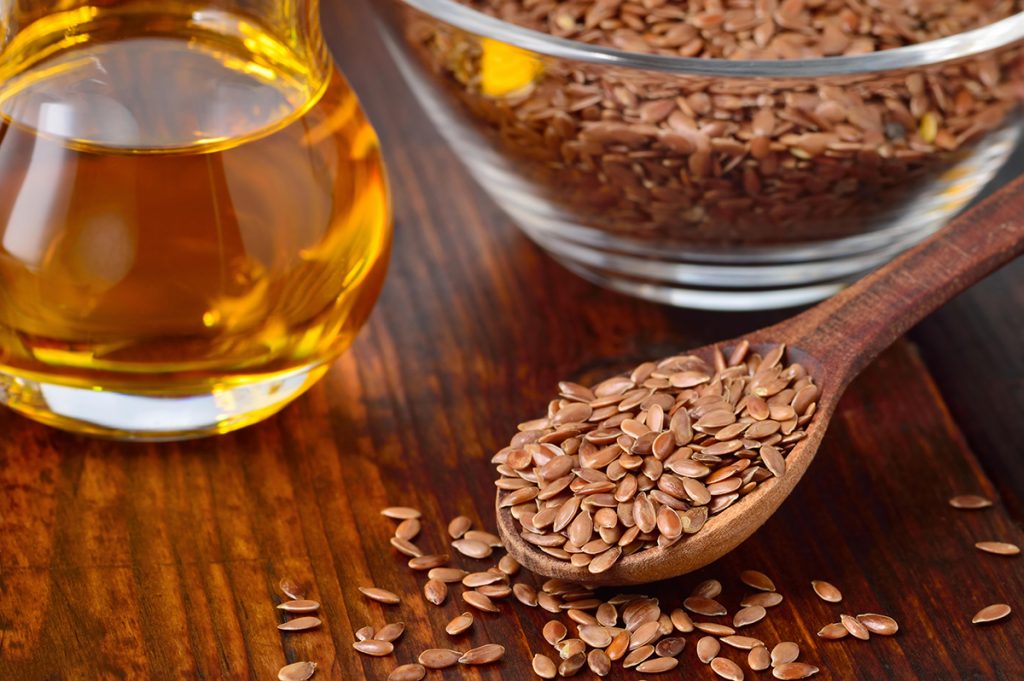4 Nutrients to Prevent Heart Disease
 You can use nutrients now to prevent heart disease later. Here are 4 nutrients to ensure are a regular part of your daily diet.
You can use nutrients now to prevent heart disease later. Here are 4 nutrients to ensure are a regular part of your daily diet.
Coenzyme Q10
Coenzyme Q10 (ubiquinone) is a powerful antioxidant and plays a key role in cellular energy production. Within the cellular mitochondria, coenzyme Q10 is responsible for carrying the electrons back and forth between enzymes in the production of ATP (energy).
Coenzyme Q10 also removes many free radicals from circulation. It’s these free radicals that lead to oxidation of LDL and the subsequent chain of events that result in heart disease.
Continue reading
How to Stock a Heart Healthy Kitchen
 If you keep heart healthy foods on hand and easily accessible you will be much more likely to see success in your efforts to lower cholesterol and blood pressure. If you keep unhealthy foods within reach you will make it much harder to achieve your heart health goals. Don’t rely on will power! Stock you kitchen for success. Here are some essentials to keep on hand:
If you keep heart healthy foods on hand and easily accessible you will be much more likely to see success in your efforts to lower cholesterol and blood pressure. If you keep unhealthy foods within reach you will make it much harder to achieve your heart health goals. Don’t rely on will power! Stock you kitchen for success. Here are some essentials to keep on hand:
Whole grains, such as barley, oats, rice, buckwheat, and quinoa, are rich in fiber, antioxidants, vitamins, and minerals. These nutrient dense grains promote a healthy heart.
Olive oil
Continue reading
Tips to Add Flax to Your Diet

Flax is an oilseed similar to canola and sunflower being oilseeds. Flaxseeds are derived from flax.
Benefits of Adding Flax to Your Diet
There are many benefits associated with adding flax to your diet, which are derived from a different part of the flaxseed. You have the heart-healthy fat content, the fiber, and the lignan.
Lignan’s are a class plant compounds called phytoestrogens that act as antioxidants.
Some of the health benefits that may be associated with flax include:
Continue reading
5 Steps to Prevent Heart Disease
 Heart disease is a lifestyle disease. Your diet and lifestyle choices are a major factor in determining your likelihood of developing heart disease.
Heart disease is a lifestyle disease. Your diet and lifestyle choices are a major factor in determining your likelihood of developing heart disease.
Heart disease develops as a result of inflammation and oxidative damage. So, let’s cover steps you can take to decrease inflammation and oxidative damage to reduce your risk of developing heart disease.
1. Decrease your sugar intake.
When I say sugar, I’m also referring to simple carbohydrates. When you consume carbohydrates the body breaks them down into sugar molecules. Converting simple carbs (i.e. refined carbohydrates) into sugar is a fairly quick process for the body. Simple carbohydrates include potatoes, pasta, bread, and rice, along with your sugar sweetened beverages, candy, and sweets. As these foods are broken down, sugar enters the blood steam and can result in blood sugar spikes. These spikes contribute to oxidative damage and inflammation.
Is Tuna a Heart Healthy Food?
 Tuna is a fatty fish providing high quality protein, B-vitamins, and selenium. The nutrients help the body produce red blood cells, reduce heart disease risk and macular degeneration, and promote brain growth. The protein provides essential amino acids used for body growth and maintenance, while the fat provides a rich source of heart healthy omega 3 fatty acids.
Tuna is a fatty fish providing high quality protein, B-vitamins, and selenium. The nutrients help the body produce red blood cells, reduce heart disease risk and macular degeneration, and promote brain growth. The protein provides essential amino acids used for body growth and maintenance, while the fat provides a rich source of heart healthy omega 3 fatty acids.
Many organizations, such as the USDA, American Heart Association, and American Dietetic Association have been encouraging people to eat more fish. This includes eating more tuna. Omega 3 fatty acids have been shown to reduce heart disease risk, blood clots, and stroke, relieve depression, and help fight certain cancers.
How Much Tuna
Omega Q Plus – Heart Healthy Supplement
Are you looking for a supplement to promote heart health? If so I recommend you consider Dr. Sinatra’s supplement Omega Q Plus. This supplement has recently been revised to provide higher levels of the omega 3 fatty acid DHA via calamarine.




